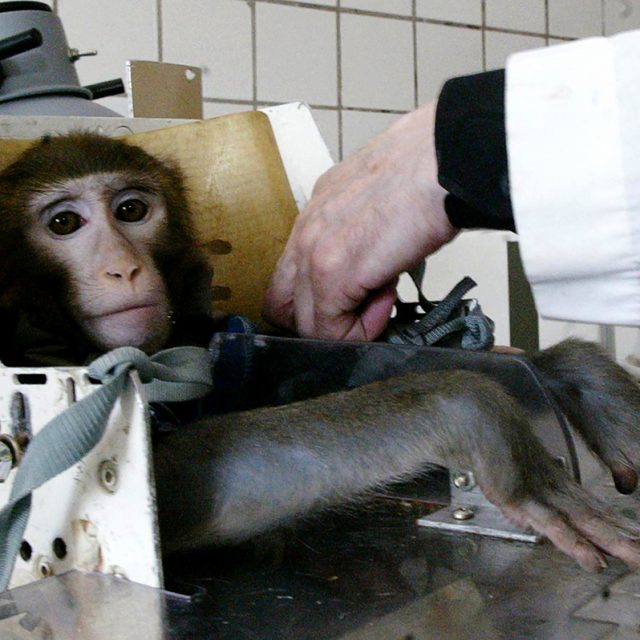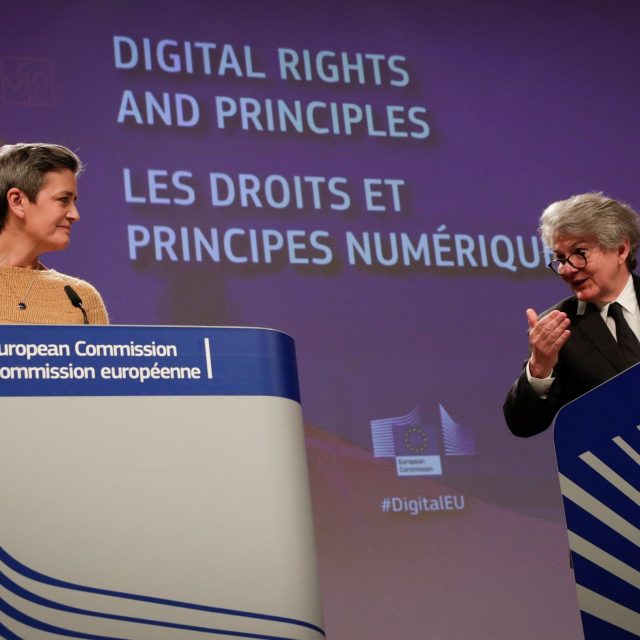Photo by Hans Martin on Unsplash
The German city of Frankfurt has been chosen by Parliament and Council as the seat of AMLA, the EU’s new enforcer in the fight against money laundering and terrorism financing.
MEPs and EU ambassadors chose Frankfurt to host the EU’s central enforcer in the fight against dirty money, the Authority for Anti-Money Laundering and Countering the Financing of Terrorism (AMLA).
Nine candidates in total applied to host AMLA and presented their candidacies in a hearing. In the vote, Frankfurt received a majority of validly cast votes on the 1st round of voting, and was chosen to host the agency.
Co-rapporteurs Emil Radev (EPP, Bulgaria) and Eva Maria Poptcheva (Renew, Spain) welcomed the move.
A statement said, “AMLA will be a game-changer in cracking down on dirty money in the EU. It will supervise the riskiest financial entities, oversee the non-financial sector, and play a crucial role in stopping evaders from circumventing targeted financial sanctions.”
“Now that Parliament has an equal say in choosing the agency’s seat, we have made the process more transparent with joint public hearings, and introduced specific selection criteria to ensure that the location enables the Authority to fully execute its tasks and powers. Congratulations to
the winner.”
The AMLA regulation is part of a package of laws to reform the EU’s framework for combatting money-laundering and terrorist financing. Now that the entire package has been provisionally agreed between Parliament and Council, they need to be formally adopted by both before they can enter into law. Parliament is expected to vote on its final approval in the plenary session of 22-25 April.
A Commission spokesman said it welcomes the agreement, adding, “This is the first time that the co-legislators jointly agree on the location of a seat of a decentralised agency. The Parliament and the Council representatives have voted together with the same number of votes in an inter-institutional meeting at the Council premises.”
“The agreement on the location of the seat was the last element needed to conclude the
negotiations on the Commission’s ambitious package of four legislative proposals to strengthen the
EU’s anti-money laundering and countering terrorism financing rules.”




